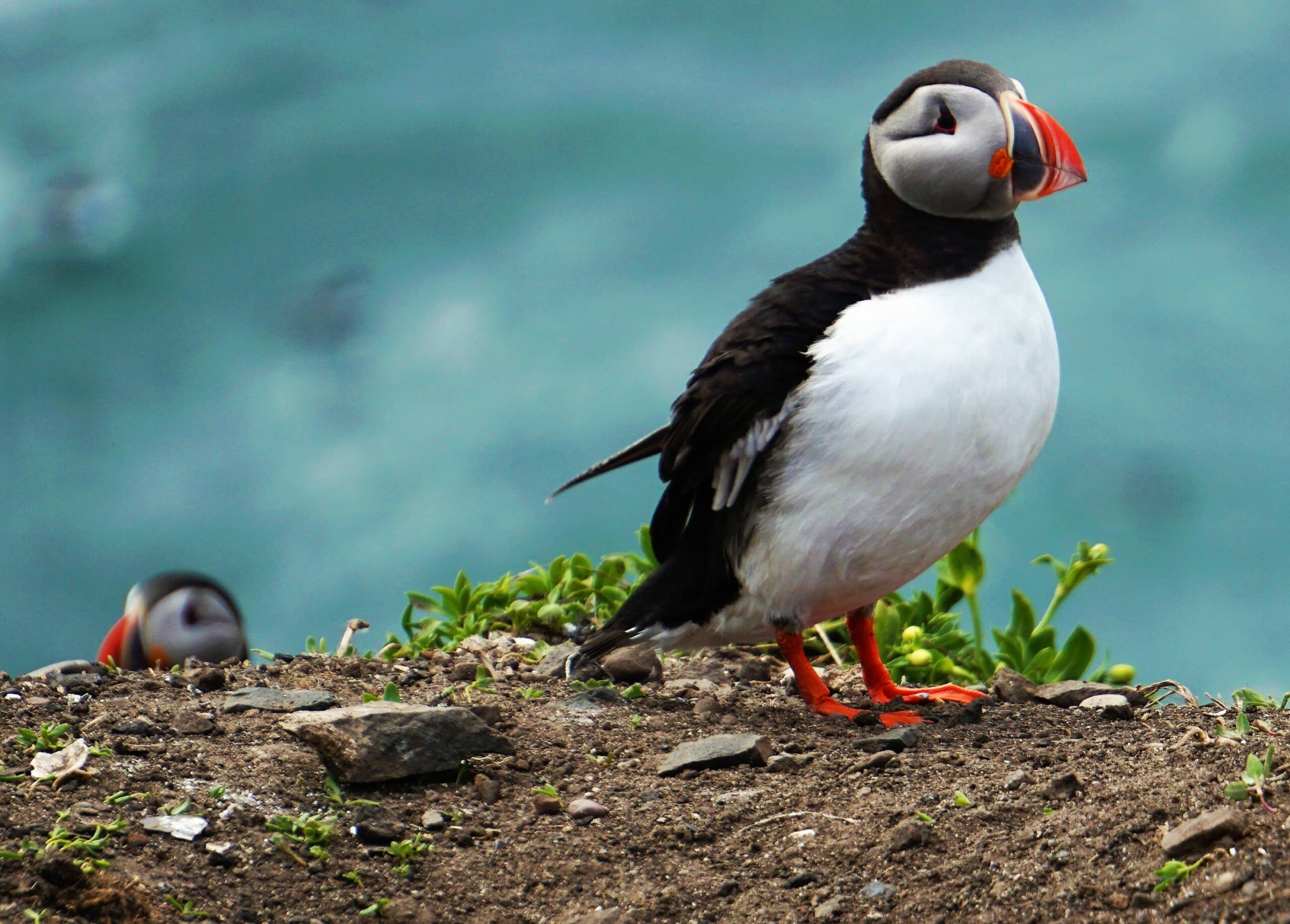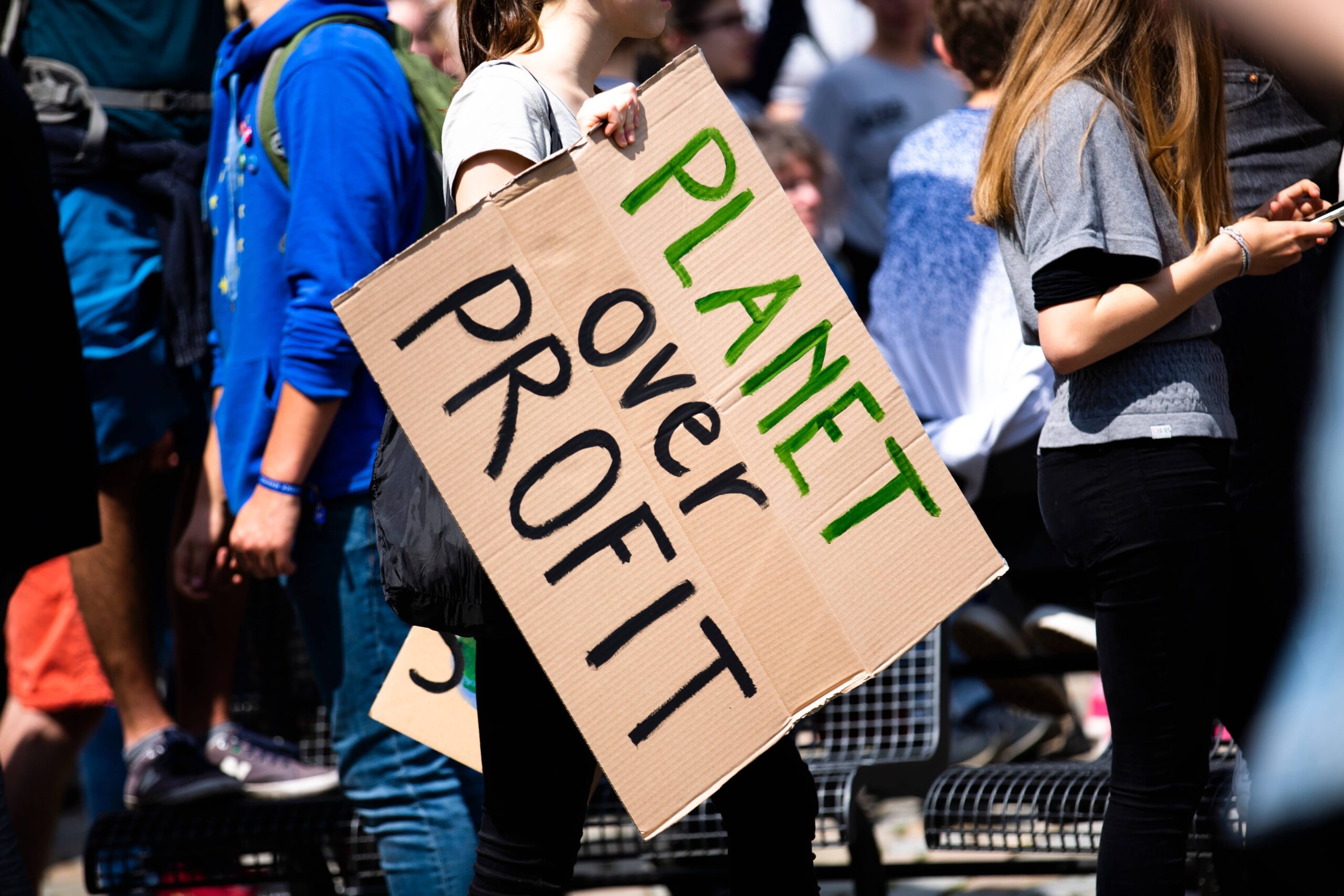
The world continues to get warmer and warmer and the negative impact this has on the environment is being felt in the UK just as it is all over the world. These increasing temperatures and extreme weather events are affecting some of the UK’s most beloved and iconic species of life. This article will explore six animals affected by climate change.
Let’s take a look at some of the most vulnerable species in the UK and how you can help by supporting Natural World Fund and taking personal steps in reducing your carbon footprint and spreading the word about the climate crisis we are facing.
White Beaked Dolphin – Six Animals Affected By Climate Change
One species in the UK that is significantly impacted by climate change is the white-beaked dolphin. These are often found in cold waters with 80% of their population being local to the UK and Scotland.
What puts these creatures at risk is the fact that they need cooler waters in order to survive. The rising temperature of the seas means that white-beake dolphins are moving out of their normal territory. Furthermore, Scottish waters are at a temperature at the edge of the dolphin’s range. A continuation of these rising temperatures could force white-beaked dolphins to become locally extinct, which can have further consequences for the population as a whole.
Capercaillie – Six Animals Affected By Climate Change
These creatures are possibly one of the most recognised Scottish birds. They are found in the Caledonian pine forest. They were once extinct in the UK but were successfully reintroduced in the 1830s. The population flourished from that time until recent threats to the population such as hunting as well as changes in their environment. In 2022, the species is struggling to survive as climate change increases weather systems.
The changes in climate have caused dry places to become drier and areas of high rainfall to become increasingly wetter. The latter is affecting Scotland more so as spring months get increasingly more rain. This change in climate has a negative impact for capercaillie chicks when born in spring. Furthermore, chicks born in a wet June will be less likely to survive and this could cause even more damage for an already vulnerable population. This is unless we take the necessary steps in reducing the effects of climate change and restore the species’ habitat.
Atlantic Salmon – Six Animals Affected By Climate Change
Another Sea creature affected by the negative effects of climate change is the Atlantic salmon. Spending most of their time in the Atlantic, these salmon return to breed in the Scottish freshwater environment. As the oceanic waters are expected to keep getting warmer due to climate change, there may be lethal effects for the species as a whole. In Scotland, these changes may be less likely to be lethal, however warmer freshwater may mean reproduction is less successful which will have a long-term negative impact on the population.
Kittiwakes and Guillemots
Two forms of seabirds that are feeling the negative effects of climate change are the kittiwakes and the Guillemots. These birds breed on the UK coastline relying on cliffs and cold waters in order to do so successfully. That being said, seabirds such as these are among one of the worst affected by the changing climate and both now find themselves in decline.
The main culprit of this decline is the rising sea temperatures which has had a negative impact on the food chain as a whole, which negatively affects their population. Furthermore zooplankton also struggle for survival in warm waters causing sand eels to have less to eat which negatively impacts their population too. This results in both of these seabirds having less prey for food which will ultimately lead to an eventual further decline in the population.
Puffins
Atlantic puffins often visit British shores, spending their time in UK waters to breed before heading north for winter to feed in the colder arctic seas. The UK is an essential habitat for these birds for them to maintain their populations, but in recent years the numbers have been decreasing in their UK nesting sites.
Alongside many other species that are affected by climate change, puffins are already threatened by overfishing which severely reduces their food sources. Additionally, the fish they rely on for feeding are moving as sea temperatures continue to rise. A combination of these factors may have a severe impact for puffins in the UK.
Leatherback Turtles
Unfortunately, another species struggling to survive during our current climate crisis is the leatherback turtle. These creatures are the deepest diving of all sea turtle species and can on occasion be found in UK waters although often associated more with tropical waters. When these turtles do come to UK waters, they do so in order to feed on jellyfish before returning to warmer waters in order to incubate their eggs.
The species is already classified as critically endangered by the IUCN and faces multiple threats. These include being caught as bycatch, as well as plastic pollution and loss of habitat. Climate change will also impact the areas in which the species lay their eggs. The reason being that hot sand temperatures will effect the sex ratio of hatchlings, which will have a long term impact on the future of the species. Nests are also at risk from rising sea levels as well as storm frequency increases. Both these factors are also worsened by climate change.
What Can Be Done to Help?
By supporting Natural World Fund you will facilitate us in our efforts to rewild sites within the UK, ensuring that your contributions make a direct positive impact.
Additionally by supporting us you will be facilitating us in our goals to restore nature through the planting of forests, development of wild meadows and restoration of seabeds. These are just a few of the many restoration projects you would be helping us to undertake in our efforts to rewild the UK and restore biodiversity.
Natural World Fund recognises that animals in the UK are in an alarming decline from hedgehogs to tortoiseshell butterflies. This is why we support countless endangered species, providing them with the vital safe habitats they require for survival.
We truly are living in an environmental crisis and countless species of wildlife are at risk. Global temperatures continue to rise and are expected to continue on this path even through the 2030’s. This is why we need your support. By supporting us we will also be able to plant as much native, biodiversity-positive vegetation as possible which will help in absorbing damaging greenhouse gases.
By subscribing to The Natural World Fund, you will fund climate projects. These projects will make invaluable impacts to the benefit of nature for which we will provide you with regular updates on how your contributions are making a difference.
We created The Natural World Fund in order to do something about this crisis. Like many, we are fed up with companies that waste your money and time by not doing what is right for Britain and UK wildlife as a whole.

Personal Steps To Help Save Wildlife in the UK
A personal step that anyone can take in order to help fight this battle against climate change is to reduce your carbon footprint and fund projects to support and grow our native vegetation and biodiversity. There are a number of ways that this can be achieved such as by consuming local and seasonal produce and limiting meat consumption. You can also limit the amount of waste you produce by only buying what you need and using reusable shopping bags which will help reduce the amount of excessive plastic packaging. Furthermore, by having flowers in your gardens and on your balconies you can support bees, butterflies and other vital insect life.
You can also help by raising awareness and educating others on the effects of climate change. Political change is also necessary in this battle and politicians must be held to account on this issue.
Summary – Take Action Now!
The climate crisis that continues to affect the globe is completely man-made and hurting almost all life on earth. Animals continue to be in a sharp decline and many tree planting companies are not doing enough to stop this. This is made worse by the fact that this disaster is completely preventable but not going to solve itself.
Real change is going to require a communal effort for us all to reduce our carbon footprints and work to make nature thrive rather than go extinct. As we have seen with some of the wildlife listed above, UK wildlife is being just as badly impacted as other countries’ wildlife around the globe.
By supporting the Natural World Fund, increasing awareness of climate change and reducing our individual carbon footprints, we can turn this crisis around and protect life on this planet.
More About The Natural World Fund
Natural World Fund is the place for people who want to help but don’t know how – we make it easy by giving you clear and easy steps to do your part to help our environment.
To find out more about how you can support us in our efforts to rewild the UK and protect wildlife, visit our website and get in touch with us today!

